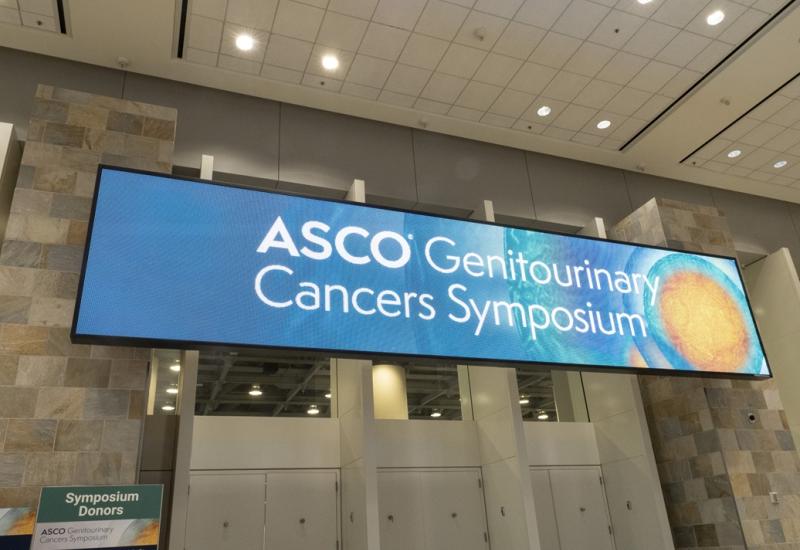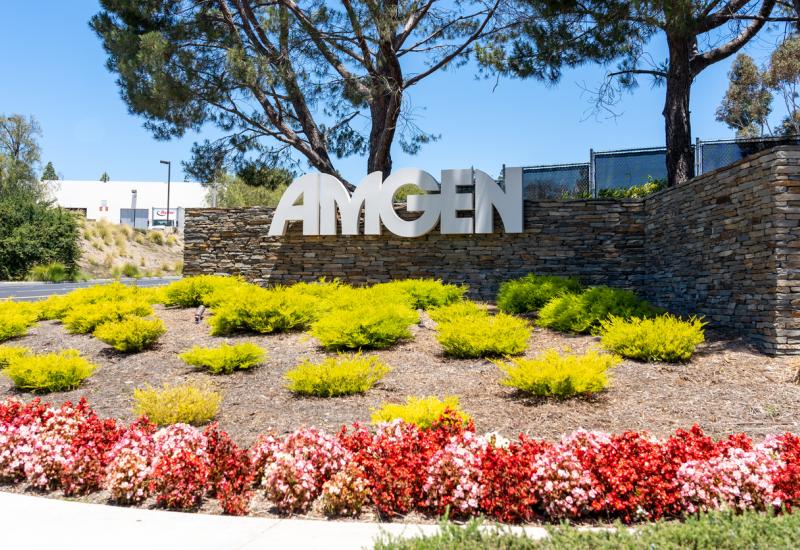
Cogent sets the KIT bar for GSK
Bezuclastinib plus Sutent could become standard of care in second-line GIST.
Bezuclastinib plus Sutent could become standard of care in second-line GIST.

Cogent’s KIT inhibitor bezuclastinib is heading to regulators in second-line gastrointestinal stromal tumours (GIST), following strong topline data from the pivotal Peak trial. The company believes that the results position the project to become the new standard of care here.
The data also set the bar for GSK, which recently started a trial of its KIT inhibitor GSK6042981 in a similar post-Gleevec setting. That asset came via the acquisition of IDRx, perhaps fuelling hopes that Cogent could be next in line for a takeout.
Still, Cogent is now worth $4.6bn, following a 119% rise in its share price on Monday off the back of the Peak results, while IDRx cost GSK a much less demanding $1bn.
One clear area of concern around bezuclastinib is liver toxicity, which has been seen with the project previously and was observed again in Peak, which tested bezuclastinib plus Sutent, versus Sutent alone. In the combo arm, 11% of patients experienced grade 3 liver enzyme elevations, versus just 1% in the Sutent arm.
However, there were no grade 4 liver enzyme elevations across the study, and only 1.5% of bezuclastinib-treated patients discontinued therapy because of this side effect, Cogent said.
Emphatic efficacy
Meanwhile, the efficacy results seem emphatic. Median progression-free survival, the primary endpoint, was 16.5 months with bezuclastinib plus Sutent, compared with 9.2 months for Sutent alone, representing a 50% reduction in the risk of progression or death.
Overall response rate was 46% with the combo, versus 26% with Sutent. Overall survival data were immature, with an event rate of less than 20% at the time of the PFS analysis.
Results from the Peak trial of bezuclastinib in 2nd-line GIST
| Bezuclastinib + Sutent | Sutent | |
|---|---|---|
| mPFS* | 16.5mths | 9.2mths |
| Stats | HR=0.50; p<0.0001 | |
| ORR | 46% | 26% |
| Stats | p<0.0001 | |
| TRAEs | 99% | 98% |
| ≥Gr3 TRAEs | 72% | 52% |
| Gr3 ALT/AST increase | 11% | 1% |
| Treatment-related discontinuation | 7% | 4% |
| Treatment-related death | 0% | 1% (1) |
Note: *primary endpoint. Cutoff date: 30 September 2025. Source: company release.
The control arm in Peak appears to have outperformed historical results with Sutent, making bezuclastinib’s win all the more impressive.
In the Intrigue trial second-line Sutent produced an ORR of 18% and mPFS of 8.3 months. That study marked a second-line failure for Ono’s Qinlock, which was originally developed by Deciphera, and remains approved only for fourth-line GIST, while the phase 3 Insight trial is limited to second-line patients harbouring KIT exon 11 and 17/18 mutations. Ono paid $2.4bn for Deciphera.
Interestingly, in a subgroup of second-line GIST patients, GSK6042981 has also produced an ORR of 46%, in the phase 1 Strategist-1 trial. Still, GSK is behind, and will need to repeat this feat in its pivotal Strategist-3 trial, which began last month.
Full results from Peak are set for presentation in the first half of next year, and Cogent plans to submit a US filing in the same timeframe.
The company also expects to file bezuclastinib for another use, non-advanced systemic mastocytosis, by the end of this year based on the phase 2 Summit trial, which returned positive results in July. Here, bezuclastinib could compete with Sanofi's (formerly Blueprint’s) Ayvakit, a potentially tricky task.
And data are due in December from the Apex trial, which is uncontrolled but said to be registrational, of bezuclastinib in advanced systemic mastocytosis.
2538













